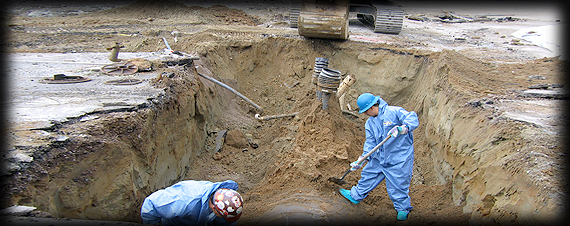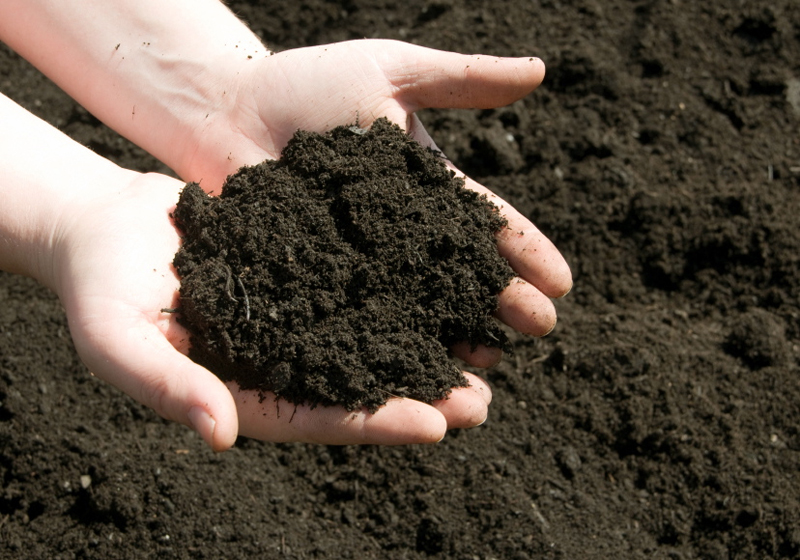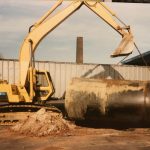NJ Soil Remediation Techniques
If your home or business has been under construction recently, it may be a wise decision for NJ soil remediation from an environmental service in NJ. It only takes a small accident during the construction to cause contamination to the ground. The slightest accident can result in toxins and chemicals that can contaminate the local water supply. A poisoned water supply will continue to cause damage to the local ecosystem.
Underground storage tanks have been forcing New Jersey homeowners for underground oil tank removal in NJ for years. These tanks are prone to leaks, which contaminates the ground with hydrocarbons, heavy metals, pesticides, cyanides, volatiles, creosote, and semi-volatiles. Oil tanks and construction demand for soil remediation, also known as soil washing, to clean the ground, water, and air environments.
Soil Remediation Techniques
In order to remove the pollutants and contamination from the soil, a soil remediation company will have a couple of techniques to choose from. We will go over four of the main soil remediation techniques used by the experts in NJ soil remediation services.

Bioremediation
This technique involves the contaminated soil to be treated biologically. It will involve bacterium that will target the contaminants in the soil to break down the hydrocarbons and other harmful elements. Ideally, this technique should take part in soil that maintains a temperature of 70 degrees Fahrenheit or in a moist environment.
This technique can be performed in colder climates. However, in order for bio-mediation to be effective; the ground needs to be properly insulated. The ground can be insulated by a covering tarp trapping heat underneath.
Thermal Soil Remediation
This is a heating technique to rid the contaminants and pollutants from the soil. Temperatures in this environmental service can reach as high as 900 degrees Fahrenheit. After heating, the soil will then be cooled. The cooling can involve a mixing element or water. Once completely cooled, the soil will undergo another test to verify the soil is rid of its contaminants.
Air Sparging
Large quantities of air will be injected into the contaminated soil in this soil remediation process from an environmental services NJ company. The injected air will force the contaminants outwards in a carbon filtering process. The timing of this technique will depend on a number of factors. These factors include the amount of hydrocarbon pollution, the concentration level of the polluted soil, the pH rating of the soil, and the soil itself.
Encapsulation
This technique is more known for separating the contaminants rather than filtering them from the soil. With various options to perform this technique, the most common practice includes mixing contaminated soil with a mixer. The mixer is typically lime, cement, and concrete. A mixer will prevent the polluted soil from mixing with clean soil.

What if the Contaminants Can’t be Removed Easily?
When soil remediation is needed, always contact a Licensed Site Remediation Professional (LSRP) for soil remediation. In fact, since May 2012, all remediation in the state of New Jersey are to proceed under the supervision of a LSRP. A NJ soil remediation professional will able to survey your land to find which technique is the best option for you. For example, if the land is located in an environment that is overly saturated, the professional will most likely choose the air sparging technique.
The goal of the LSRP oversight program was to streamline the remediation process to transform contaminated sites into usable and productive entities. T. Slack Environmental Services has a full time licensed site remediation professional on staff to assist our clients with their remedial actions. The LSRP will review archived files at the NJDEP, perform a site visit, interview current and past owners and obtain historical information necessary to formulate a cost effective and efficient work plan.
Contact us today be today’s solution to yesterday’s pollution!




